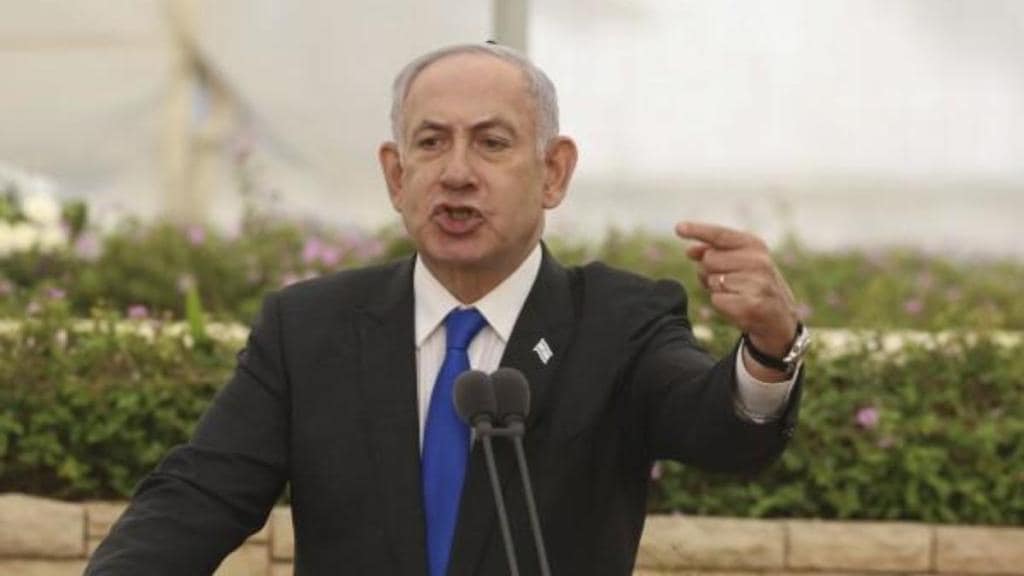For the first time since September, Israeli Prime Minister Benjamin Netanyahu admitted that Israel was behind the explosive attacks involving pagers and walkie-talkies that targeted Hezbollah members. These strikes resulted in at least 39 deaths and over 3,000 injuries. Netanyahu’s statement came during a Cabinet meeting and marked a significant shift from Israel’s prior stance, which had neither confirmed nor denied involvement. “The pager operation and the elimination of (Hezbollah leader Hassan) Nasrallah were carried out despite the opposition of senior officials in the defence establishment and those responsible for them in the political echelon,” The Times of Israel newspaper quoted Netanyahu as saying.
The coordinated attacks on September 16 and 17 showcased the sophistication of Israeli intelligence. Thousands of pagers containing explosives detonated on Hezbollah operatives across Lebanon and parts of Syria. The following day, explosive-laden walkie-talkies added to the chaos. These operations were seen as a bold display of Israeli capability and readiness in its ongoing conflict with the Lebanese Shia militia.
Netanyahu’s acknowledgment follows his recent dismissal of Defence Minister Yoav Gallant on November 5. The two leaders have long had a strained relationship, clashing repeatedly during their tenure in government. Netanyahu previously attempted to remove Gallant in March 2023 after Gallant called for pausing a contentious judicial overhaul plan, citing potential threats to national unity. However, widespread protests forced Netanyahu to reinstate him.
Gallant was the defence minister during Hamas’s deadly assault in southern Israel on October 7 of the previous year and oversaw Israel’s military response, including operations in Gaza and along the northern border.
In a recent press conference, Gallant claimed his dismissal stemmed from disagreements over drafting ultra-orthodox men into the Israel Defence Forces, rescuing hostages from Gaza, and advocating for an inquiry into the October 7 attack. Netanyahu has deflected responsibility for security lapses, attributing the failure to anticipate the Hamas assault to Israel’s security agencies and resisting calls for a public commission of inquiry into the events.


